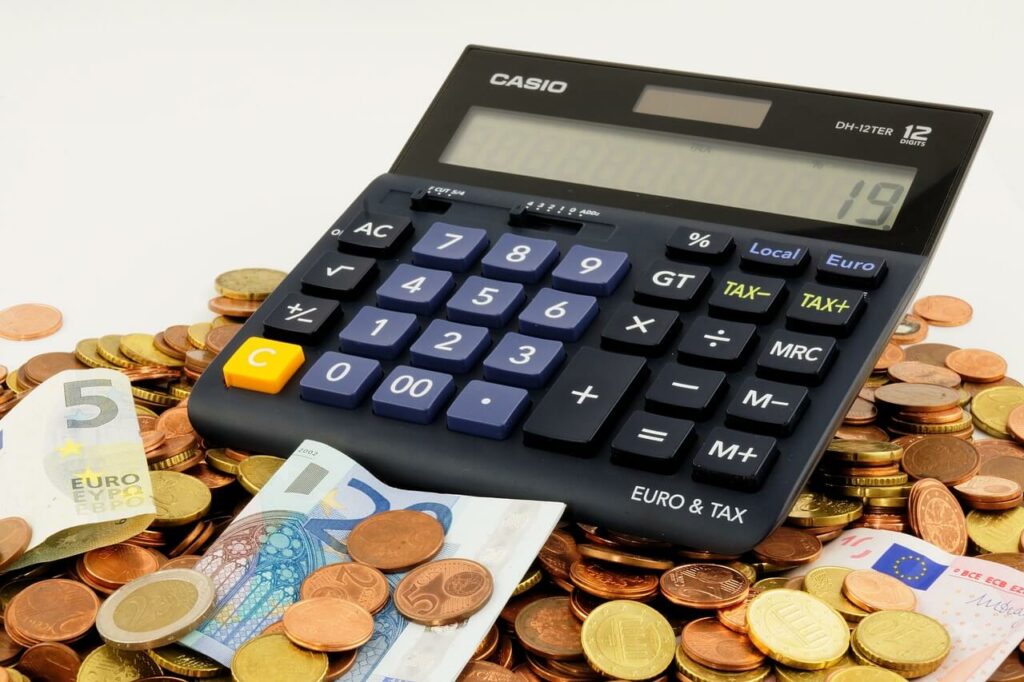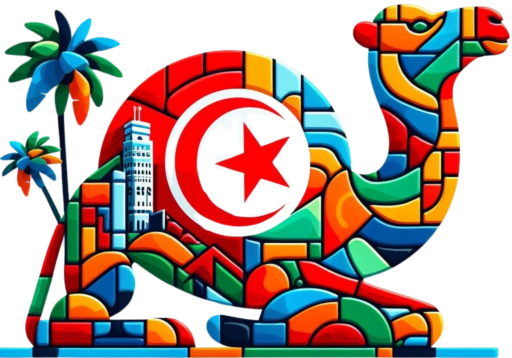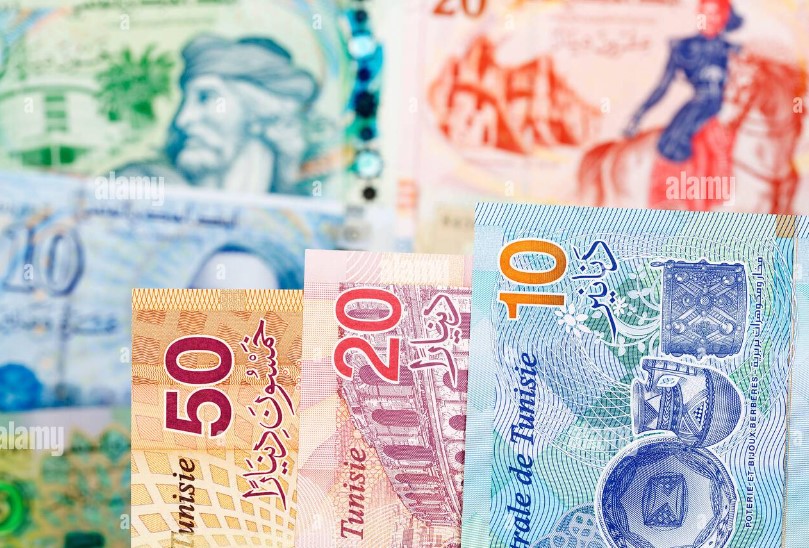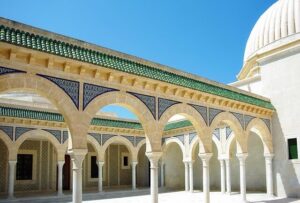Introduction
Welcome to the complete guide on the Euro to Tunisian Dinar exchange and Tunisia’s currency. If you are planning a trip to this beautiful North African country, one of the first aspects to consider is how to manage currency exchange. On this page, we will provide you with all the essential information on how the Euro-Dinar exchange works, where to exchange money, and some useful tips to get the best exchange rate.
What is the Tunisian Dinar?
The Tunisian Dinar (ISO code: TND) has been the official currency of Tunisia since 1958. It is abbreviated with the code TND or commonly referred to as DT and is subdivided into 1,000 millimes. It circulates in various forms: banknotes are available in denominations of 5, 10, 20, 30, and 50 dinars, while coins include 5, 1, and 0.5 dinars, along with smaller denominations in millimes (5, 10, 20, 50, 100, and 200 millimes).
It is important to know that, unlike other currencies, the Tunisian Dinar cannot be legally imported or exported. Therefore, visitors must exchange money directly in Tunisia. Fortunately, there are numerous options available for exchanging money, including exchange offices and ATMs.
The Dinar is widely used in all local transactions and is a fundamental part of the Tunisian currency. Its economic stability is linked to internal and international market dynamics, making it an interesting currency for travelers and investors.
Euro to Tunisian Dinar Exchange: What to Know
The Euro to Tunisian Dinar exchange rate varies depending on monetary policies and global market trends. Usually, its value is set by the Central Bank of Tunisia with daily updates.
The rate fluctuates regularly but has shown a consistent upward trend in recent years. If we compare historical data, in 2003, one Euro was worth about 1.50 Tunisian Dinars. In 2009, the value had increased to 1.80 Dinars per Euro, while in 2014, the exchange rate had risen to 2.20 Dinars per Euro. By 2019, one Euro was equivalent to approximately 3.50 Tunisian Dinars, and this trend of Dinar devaluation against the Euro has continued to this day.
For tourists, this means that today you can get more Dinars than in previous years for each Euro exchanged. However, it is always advisable to check the current exchange rate before traveling to Tunisia, as fluctuations can impact your travel budget.
To get the best exchange rate, it is recommended to use official exchange offices located in major airports, hotels, and Tunisian cities. Avoid informal transactions, which may be risky and unregulated.
Before leaving, check the updated exchange rate by consulting reliable sources such as the Central Bank of Tunisia.
Tunisian Banknotes and Coins
The Tunisian currency includes a variety of banknotes and coins that reflect the country’s history and culture. The banknotes currently in circulation, as mentioned earlier, include denominations of 5, 10, 20, and 50 dinars.
The Tunisian banknotes and coins feature historical and cultural symbols of the country, making them not only a means of transaction but also culturally valuable pieces. Smaller denominations, such as the 1 Dinar coin or 500 millimes, are particularly useful for shopping in local markets.
Before traveling, familiarize yourself with the different denominations and keep coins and small banknotes handy to facilitate cash payments, especially in traditional places where cards may not be accepted.
List of Tunisian Banknotes
- 5 Dinars
- 10 Dinars
- 20 Dinars
- 50 Dinars
Main Tunisian Coins
- 1 Dinar
- 500 millimes
- 200, 100, and 50 millimes
Useful Tips on Tunisian Currency
Exchanging money in Tunisia is a fairly simple process. Currency exchange offices are available almost everywhere, especially in major cities like Tunis, Sousse, and Hammamet. However, exchange rates may vary slightly depending on the location and type of service chosen.
- Airports: Exchange offices are also present in major airports, but note that the exchange rates offered are often less favorable than those found in city centers.
- Hotels and resorts: Many hotels offer currency exchange services, but they often charge higher commissions than dedicated exchange offices.
- ATMs: ATMs are a convenient solution, as many allow withdrawals in Dinars directly from Euro accounts. However, before traveling, check with your bank for any international withdrawal fees.
Additionally, remember that Tunisian law prohibits the export and import of Dinars. Therefore, it is important to spend or reconvert any remaining Tunisian currency before leaving the country.
Conclusion
The Tunisian Dinar is a currency rich in history and culture, essential for any trip to Tunisia. Understanding its features, the Euro to Tunisian Dinar exchange rate, and Tunisian banknotes and coins will help you manage your expenses better and make the most of your experience in this magnificent country.
By following these tips and having a clear overview of how the Euro to Tunisian Dinar exchange works, you will be ready to manage your money efficiently during your stay in Tunisia.
Read more of our articles.
We also leave you a short video.






